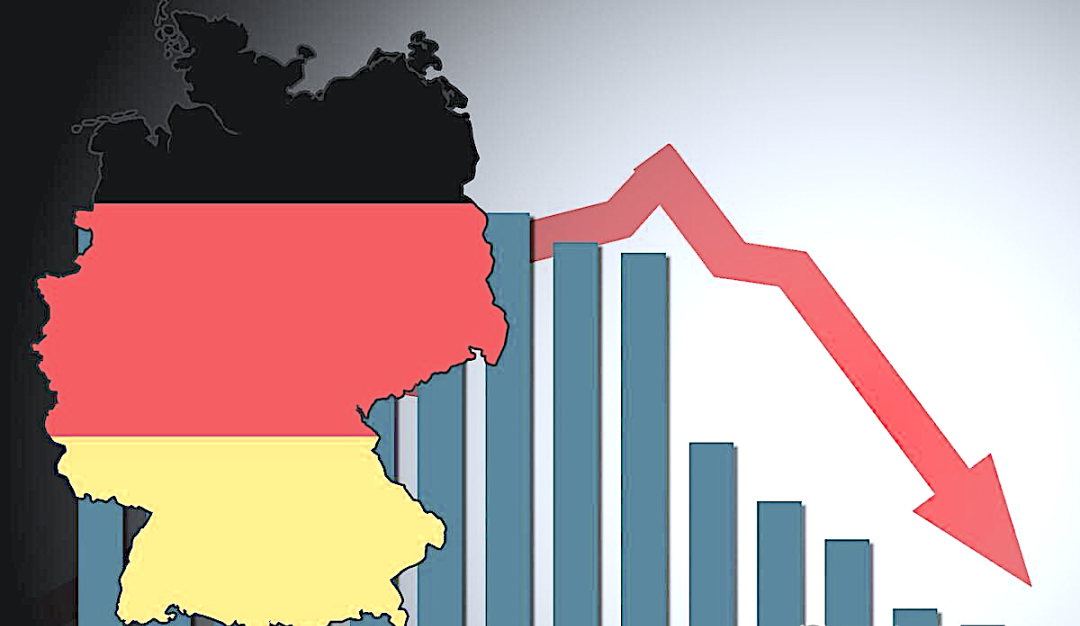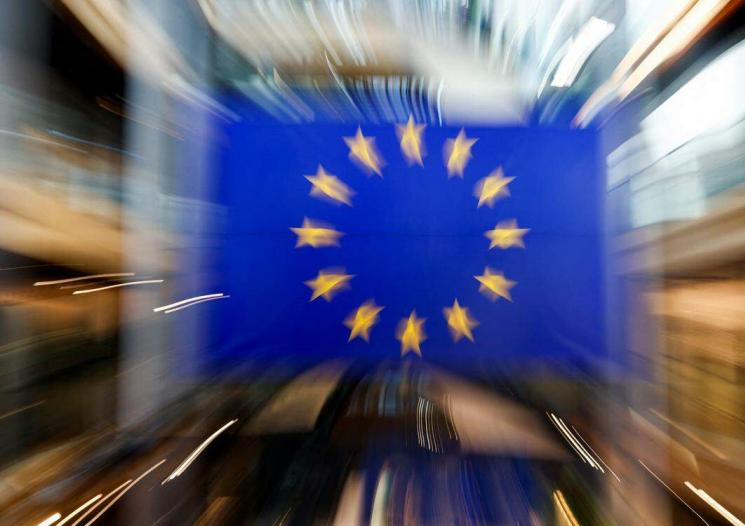Recently, under the current situation of declining exports and failing to recover domestic demand, Germany's five major economic research institutions have collectively lowered their expectations for German economic growth, and Germany's GDP growth rate is expected to be reduced from 1.3% six months ago to 0.1% this year. The expected release is a blow to Germany, which is trying to fight a turnaround this year, casting a shadow over its economic outlook.
There are several reasons why Germany's five major economic research institutes are predicting near-zero growth. According to authoritative statistics, the first three months of this year was the largest number of strikes in Germany in 25 years, involving train drivers, doctors and nurses, airport workers and many other industries and fields. The continuing strikes brought with them a shortage of Labour. It is estimated that, based on current trends, Germany will have a shortfall of 7 million skilled workers by 2035. As the first element of economic development, the shortage of labor force will directly affect its economic development.
Second, the unemployment rate remains high. The German Federal Employment Agency recently released the latest statistics of the German labor market in March, the German unemployment rate in March was 6.0%, and the number of unemployed people was as high as 2.769 million, which was 45,000 fewer than in February this year and 176,000 more than in the same period last year. Although the unemployment rate is down from last month, the overall picture remains high and well below normal levels, and the economic downturn in the labor market is still evident. Combined with other factors, the unemployment rate is not expected to change much in the next three quarters, and it is safe to assume that the unemployment crisis will affect economic development throughout the year.
Third, Germany's economic model is too focused on manufacturing. Germany's manufacturing sector once enjoyed a global reputation, with its share of manufacturing value added at 19 per cent far higher than the US's 11 per cent and more than double that of France and the UK. Although Germany has benefited from its strong industrial base for decades, the global economic model has changed dramatically, and Germany's weaknesses have gradually become apparent compared with countries with strong service industries, and high energy prices and the need to decarbonize the economy pose greater challenges for Germany. In particular, its proud car manufacturing industry, from its peak in 2017, to now output is still below the level before the 2008 financial crisis, and its car shipments have been overtaken by China in 2022.
Fourth, the ongoing interference of the geopolitical crisis. In recent years, it can be said that the geopolitical crisis around Germany has been constant, and the Russia-Ukraine conflict has ruthlessly exposed the weakness of Germany's economy. In Europe, Germany is the most economically affected by the crisis because it is more dependent on Russian energy, has a high proportion of energy-intensive industries, and is heavily dependent on exports and global supply chains. Germany's economic agency announced last year that the country could lose about 4 percent of its gross domestic product from the start of the conflict until the end of 2023, meaning the German economy would lose about 160 billion euros, equivalent to about 2,000 euros for every German citizen. What is even more frightening is that this situation is still continuing, and there is no sign of relief in the short term.
It is regrettable that Europe's former economic leader has fallen to such a state, for reasons both internal and external. If the German economy wants to return to the top of Europe, it must not only solve the above problems as soon as possible, but also observe the global political and economic trends. I believe that with the strength of the German economy, it will not be difficult to get back on track. A stronger Germany is also a big plus for the global economy, which will need a bit of luck when it recovers.


























